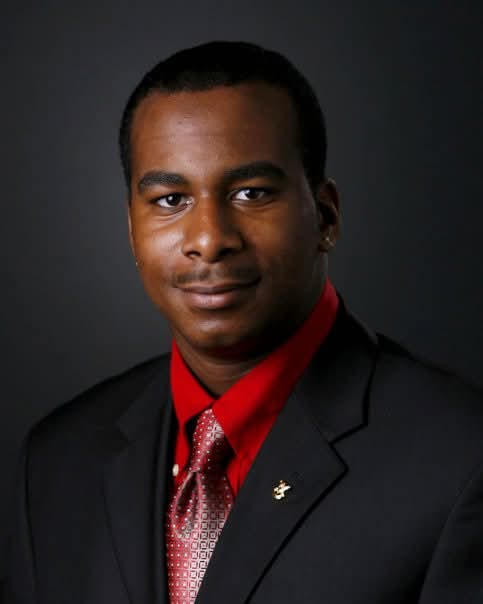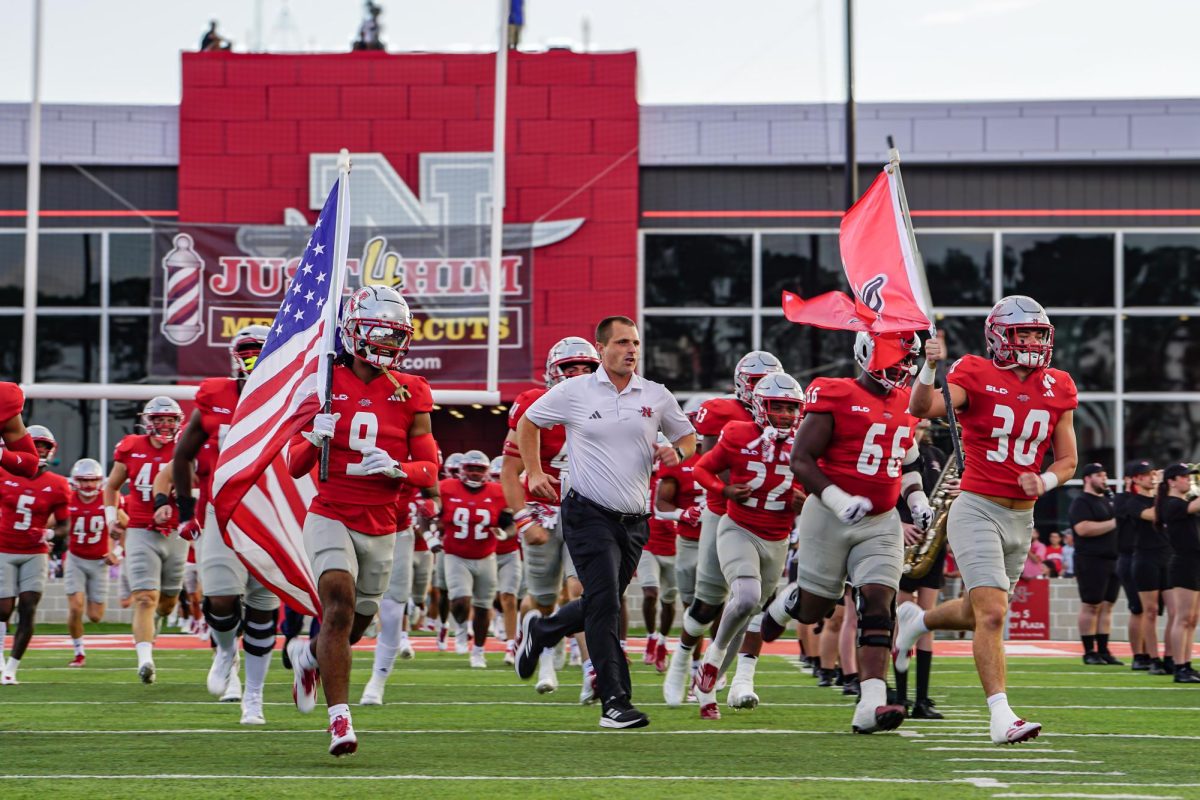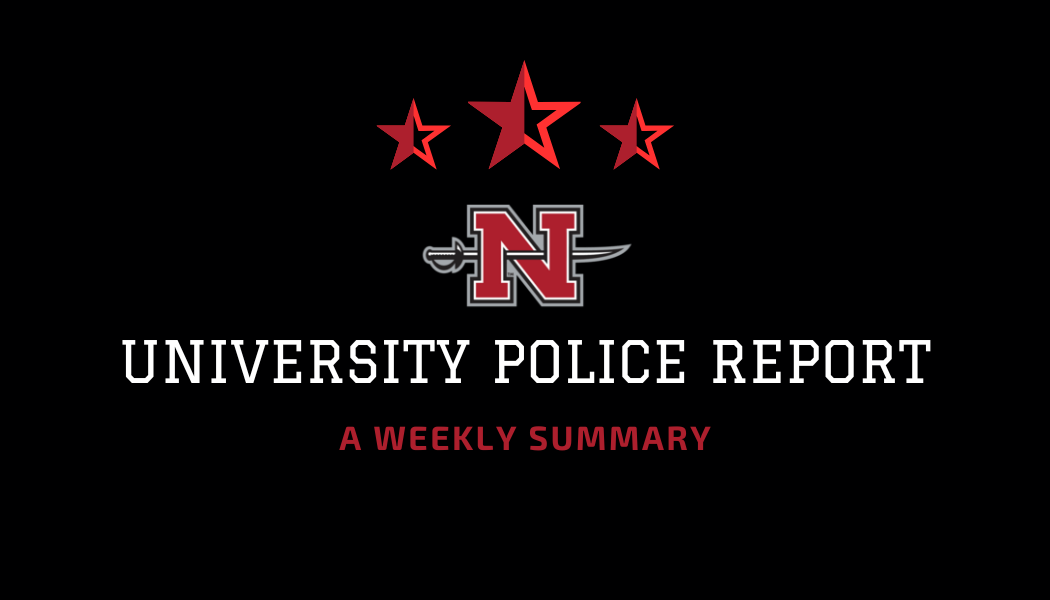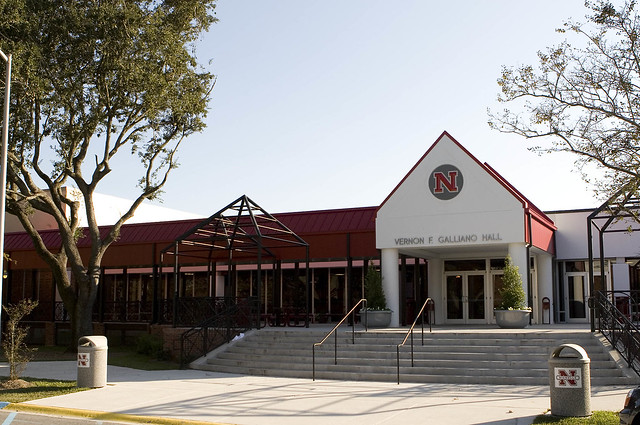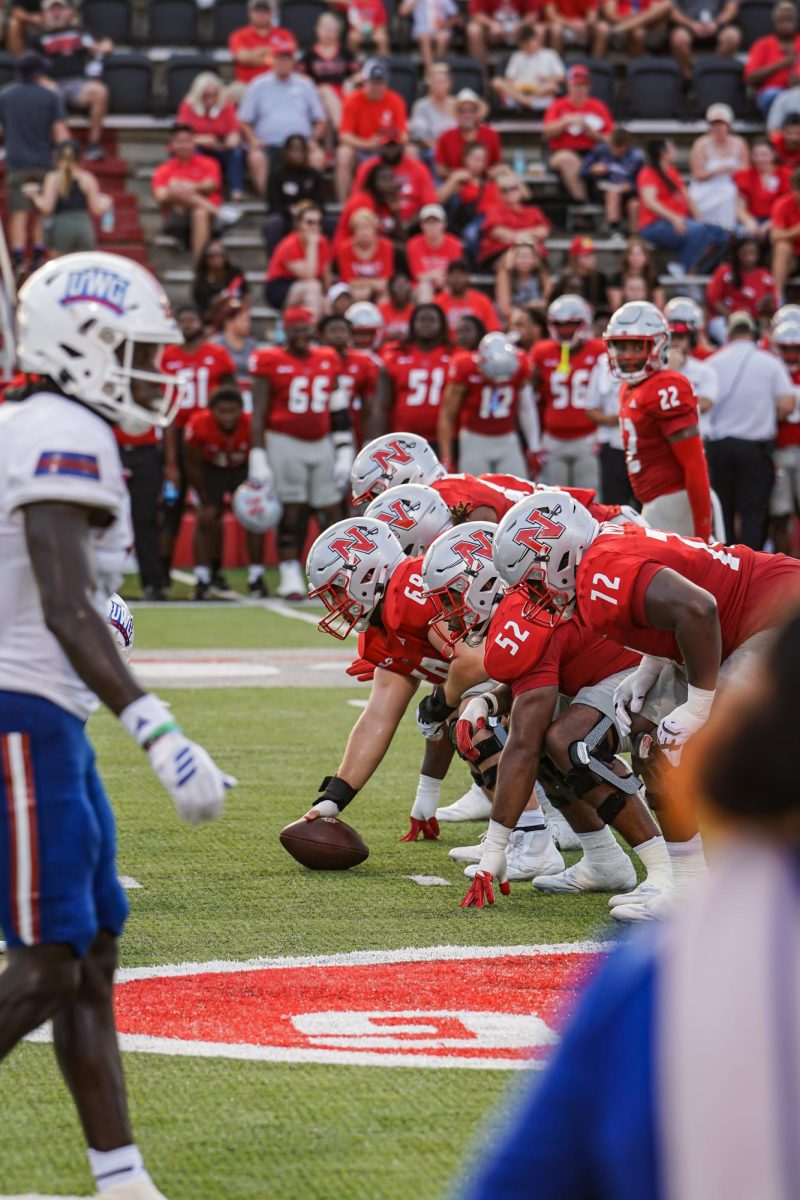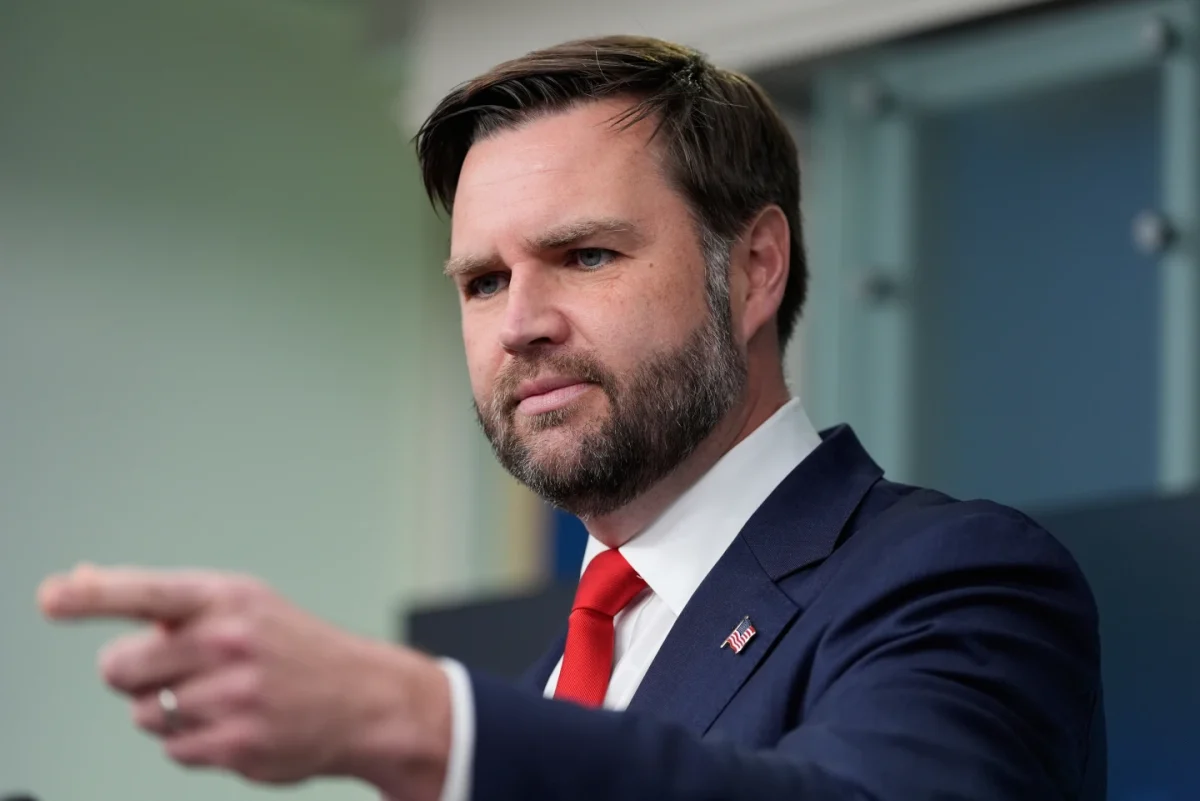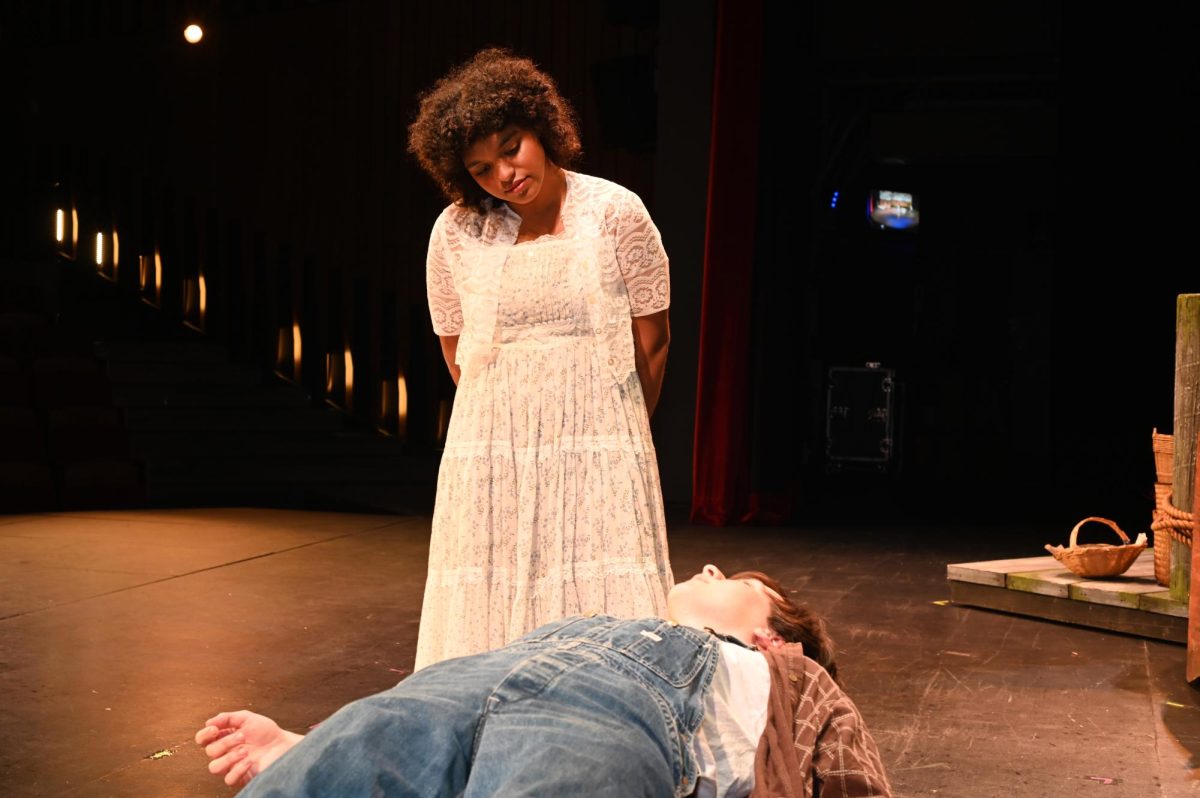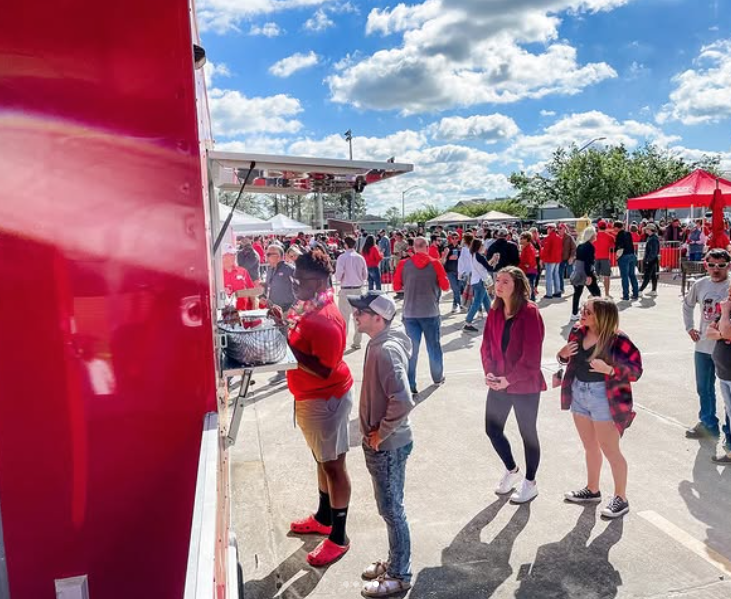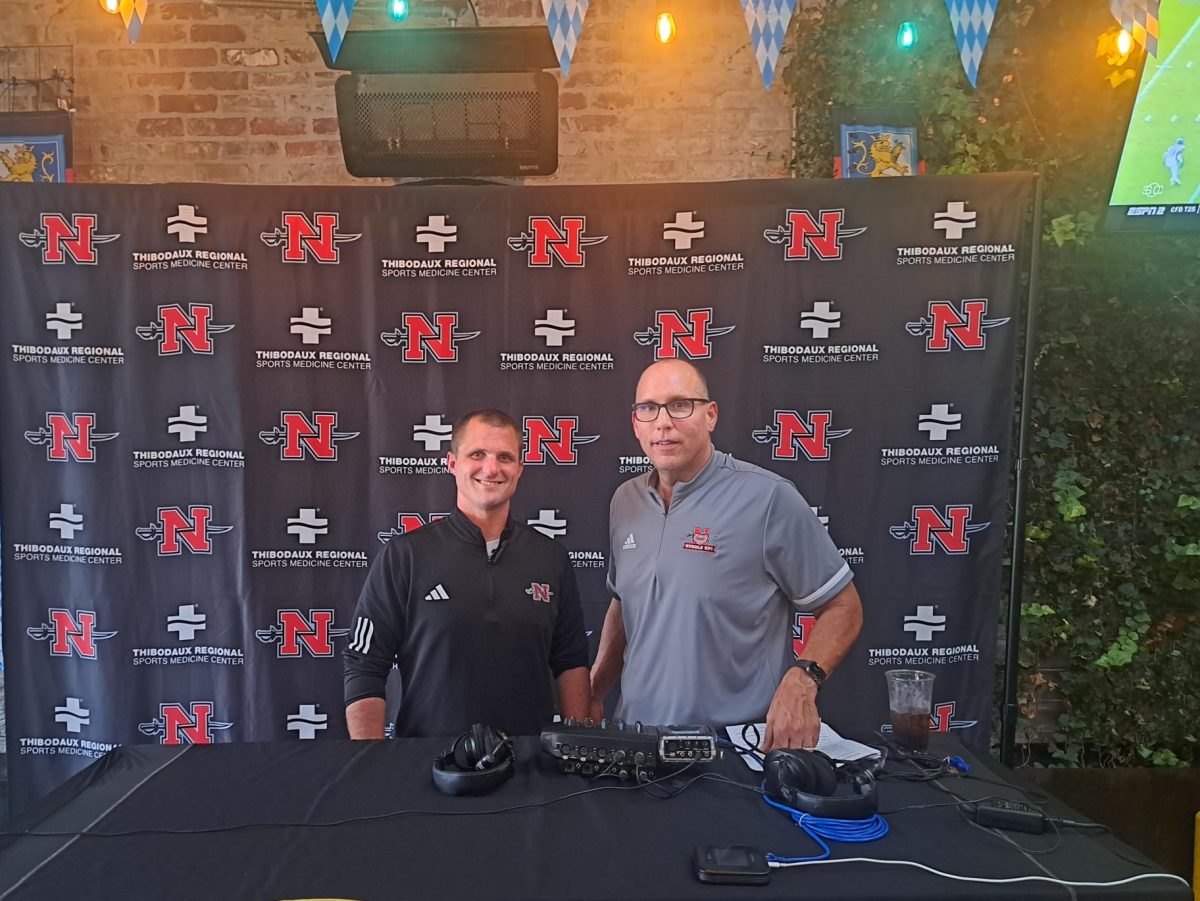Critics of the pending legisla– tions known as the “Stop Online Piracy Act” (SOPA) and the “Pro- tect IP Act” (PIPA) went under a blackout yesterday in protest, forcing users to learn about the consequences of broad language in legislation.
During this blackout, well- known Web sites such as Wiki- pedia and Reddit took down their front pages and
replaced them with information about the legislations and the possible reper– cussions if they are approved. Links leading to petitions and the contact in- formation of leg- islators were also posted with the encouragement for consumers to pro- test the acts.
SOPA was pro- posed on Oct. 26, 2011 to stop on- line piracy by giv–
ing United States law enforcement and copyright holders more power to fight copyright infringement. According to the act, the U.S. De- partment of Justice and copyright holders would be allowed to seek court orders against Web sites ac- cused of copyright infringement. It was immediately protested by big- name sites such as Facebook, Ya– hoo, Twitter, eBay and AOL.
PIPA, however, initially re- ceived majority support when it was proposed on May 12, 2011.
On Oct. 25, 2011, however, an anti-PIPA video was released, cautioning people about its pos– sible repercussions.
SOPA was originally proposed to crack down on overseas sites, such as The Pirate Bay, involved in the majority of the world’s ille– gal downloads. Current legislation makes it difficult to take action against these sites because they are not under United States juris– diction.
SOPA, if enacted, would force
Google and other search engines to remove search results related to The Pirate Bay and other banned Web sites. PIPA would keep the IP addresses of banned Web sites intact, but make it impossible for American consumers to access the Web sites via their domain names. Under PIPA, people searching for banned Web sites would be redi– rected to a page that would make the sites appear to be down.
Critics, however, protest the acts’ possible censorship of the Internet.
The current law that makes copyright infringement illegal, the Digital Millennium Copyright Act (DMCA), holds individual users of Web sites accountable for down- loading or uploading copyrighted material. SOPA, however, would potentially hold Web sites, such as YouTube, known for its many il– legally uploaded music videos, re- sponsible. This means that under SOPA, YouTube owners could be penalized for user-uploaded con- tent and be forced to shut down.
This possibility has led many popu– lar Web sites to pro- test. Yesterday, that protest came to a head with a planned blackout. Though not all of the Web sites opposed to the legislation could af– ford a blackout, they have all spo– ken out against the act. Many, such as Google, remained available but posted links to information about the acts and about how to contact legisla– tors in opposition to them. Others blacked out for the entire day, some for only part of the day, and still others made their sites only appear inaccessible. James Stewart, department head and associate professor of mass communications, said that he thinks the blackout will have a pos– itive effect on consumers.”The Internet is an integral part of our lives now,” Stewart said. “I think this blackout will cause a them to “police” its content closely to avoid penalties, according to CNNMoney. Such a close guard on content could drive away consum– ers and revenue.
Another fear critics have is that United States law enforcement only needs a notification to begin the process of penalizing a Web site for copyright infringement, as SOPA states. Though false no- tifications would be considered crimes, the possibility has the potential to cause unnecessary blackouts.
movie and music industry. Supporters have also stated that
the act is an improvement on the current laws in place, according to CNNMoney, by giving copyright holders more power against in- fringement.
In the White House, the Obama administration has said it would oppose legislation that would “undermine the dynamic, innovative global Internet” in a blog post. They also stated a concern that SOPA would reduce free speech and increase the risk lively debate that is needed. Leg- islation is often drafted by special interest groups, and unless people debate and revise it, it goes through much unchanged, which is usually not good.”
Stewart said that the statute’s language is too broad, an opinion shared by critics of SOPA and PIPA.
Critics of the acts cite their broad language as a cause of concern. YouTube, for example, has stated that it fears SOPA would require consumers of the Internet pro- test for the same reasons. The Internet is considered to be the ultimate form of freedom of ex- pression. Many consumers fear unnecessary censorship by people who would take advantage of the legislations’ broad language.
Supporters of SOPA include Time Warner and the Motion Pic- ture Association of Ame
rica. These companies support the act because online piracy is reported to have caused significant job loss in the
of cyber attacks.
However, the Obama administration has not stated a direct op- position to the act. It has asked for alternatives and revision, but it maintains the stance that online piracy is a “serious problem” in America.
The U.S. Senate will vote on PIPA Jan. 24, and SOPA is still under review. For more infor- mation about the blackout and for a full list of participants, visit sopastrike.com.



